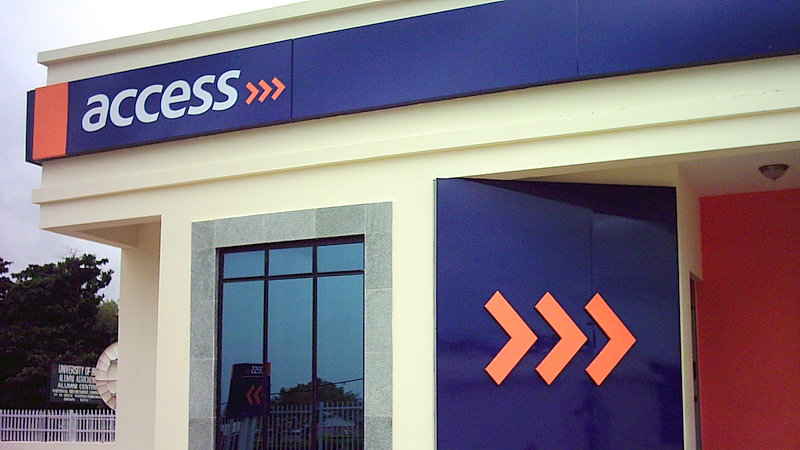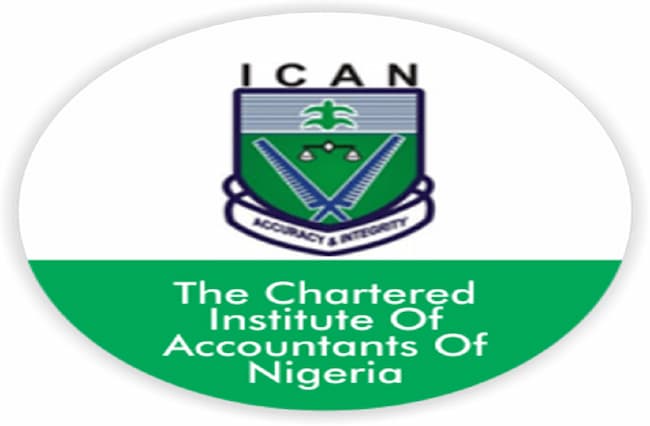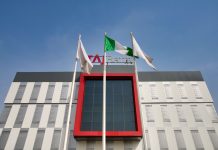Fitch Ratings has affirmed Access Bank Plc’s Long-Term Issuer Default Rating (IDR) at ‘B’. The Outlook is Stable and at the same time upgraded the lender’s National Long-Term Rating to ‘A+(nga)’ from ‘A(nga)’.
The upgrade of Access’ National Long-Term Rating reflects Fitch’s view of an improvement in its creditworthiness relative to other rated Nigerian institutions. This considers continued expansion of the bank’s franchise and stable asset quality.
Access Bank’s IDRs are driven by the bank’s intrinsic creditworthiness as defined by its Viability Rating (VR). Access’ VR reflects solid financial metrics, which are stronger than most Nigerian banks.
Asset quality metrics compare especially well with its immediate peers. The bank’s stock of non-performing loans has remained under control, comprising 2.6% of gross loans at end-September 2017, the lowest of all large Nigerian banks.
A high Fitch Core Capital ratio (19.6% at end-September 2017) also provides a buffer against potential asset quality deterioration.
Asset quality has remained favourable despite challenging operating conditions in Nigeria, including tight liquidity in both local and foreign currency. Tight liquidity dates back to the sharp fall in oil prices, which has also adversely impacted asset quality sector wide.
Access’ VR also considers adequate profitability, albeit lower than the highest rated Nigerian banks. This reflects a larger cost base and Access’ modest retail franchise, resulting in a higher cost of funding than peers, although low loan impairment charges partially offset this.
Access’ smaller retail franchise increases reliance on wholesale funding sources (as evidenced by its higher cost of funding). However, large cash holdings (22% of assets at end-September 2017) provide sufficient liquidity to mitigate this. The refinancing of the bank’s Eurobond in 2016 eased the bank’s foreign currency liquidity position.
Access’ National Ratings are a reflection of its relative creditworthiness to the best credits in Nigeria.
The long- and short-term ratings on Access’ senior unsecured programme have been affirmed at ‘B’. The long-term rating of senior debt issued under the programme has also been affirmed at ‘B’ with a Recovery Rating of ‘RR4’ indicating average recovery prospects.
The long-term rating on subordinated debt issued by Access is notched down once from its VR to ‘B-‘. This reflects higher loss severity compared to senior debt. The Recovery Rating has been affirmed at ‘RR5’, a lower expected recovery than senior debt issued by the bank.
Fitch believes that sovereign support to Nigerian banks cannot be relied on given Nigeria’s (B+/Negative) weak ability to provide support, particularly in foreign currency. In addition, there are no clear messages from the authorities regarding their willingness to support the banking system.
Therefore, the Support Rating Floor of all Nigerian banks is ‘No Floor’ and all Support Ratings are ‘5’. This reflects our view that senior creditors cannot rely on receiving full and timely extraordinary support from the Nigerian sovereign if any of the banks become non-viable, Business Post reports.













